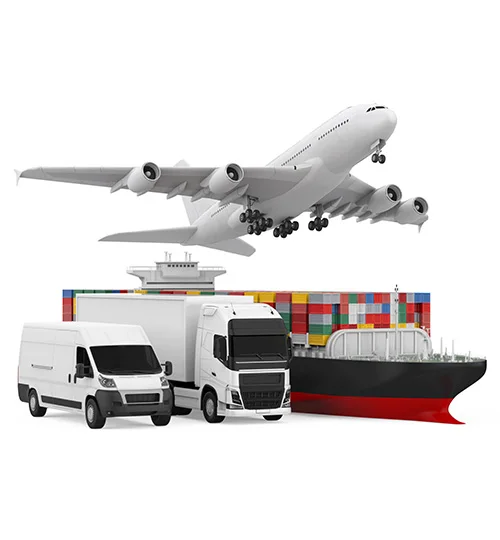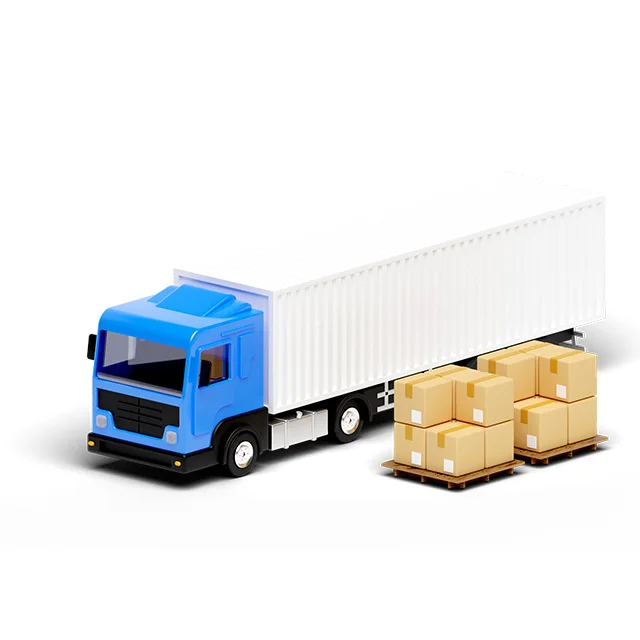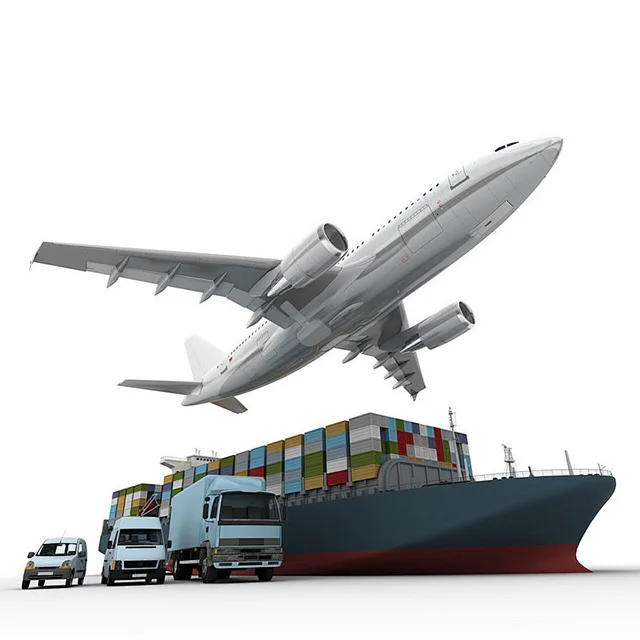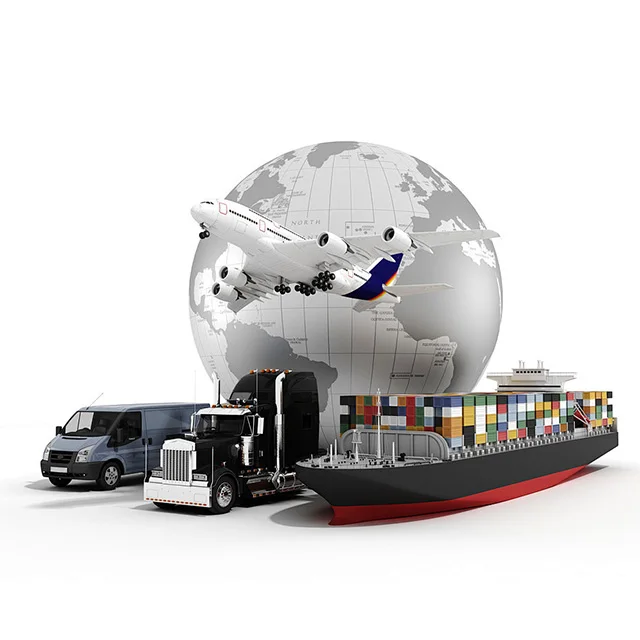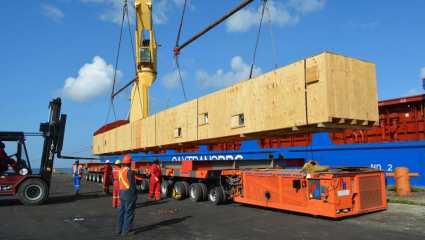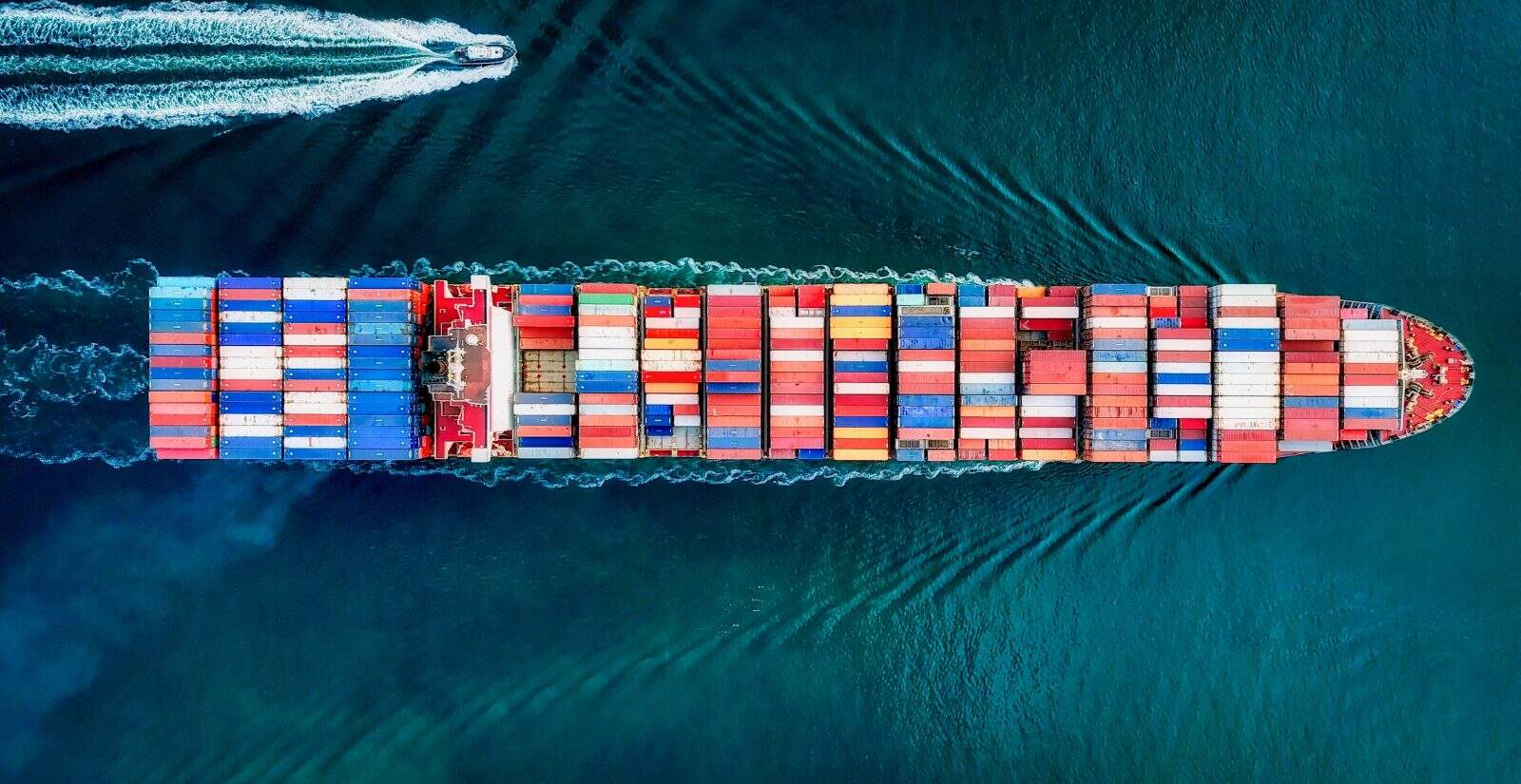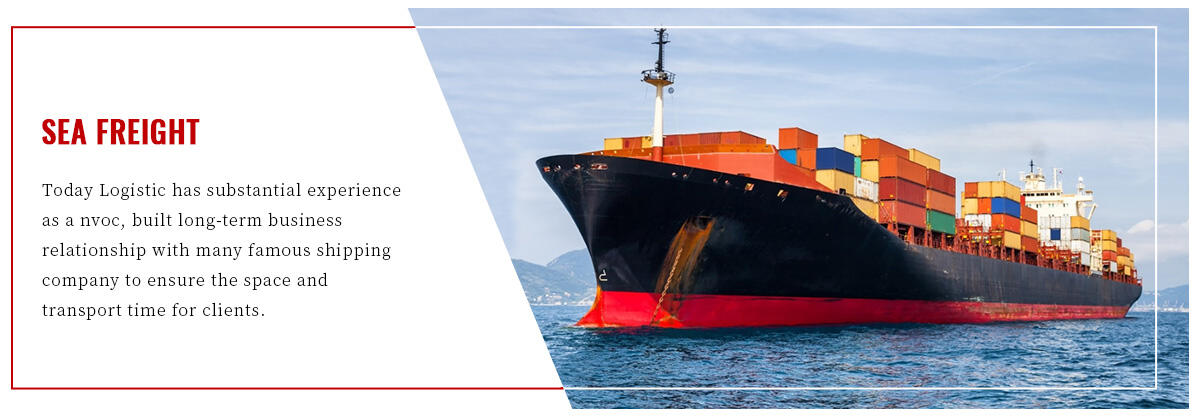sea freight logistics
Sea freight logistics represents a comprehensive system of transporting cargo across oceans and seas, combining traditional maritime operations with modern technological solutions. This vital component of global trade encompasses vessel management, container handling, port operations, and documentation processing. Modern sea freight logistics utilizes advanced tracking systems, automated port facilities, and sophisticated route optimization algorithms to ensure efficient cargo movement. The system integrates real-time monitoring capabilities, allowing stakeholders to track shipments throughout their journey. Digital documentation systems streamline customs clearance processes, while smart container technologies maintain optimal conditions for sensitive cargo. The infrastructure includes specialized vessels, container terminals, warehousing facilities, and intermodal connections. Environmental considerations are increasingly important, with many operators implementing fuel-efficient vessels and sustainable practices. The system also incorporates weather monitoring systems, predictive maintenance protocols, and emergency response mechanisms to ensure cargo safety. This comprehensive approach to maritime transportation serves industries ranging from retail and manufacturing to agriculture and energy, facilitating global supply chains and international trade relationships.

